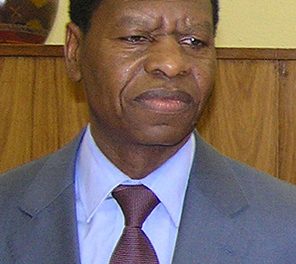
Education ministry breaks down textbook budget allocation

Responding to a recent media article on the lack of a budget allocation for school textbooks, the Executive Director in the Ministry of Education, Arts and Culture, Sanet Steenkamp, said the ministry is shocked and dismayed at the misleading information.
According to Steenkamp, the article deliberately sets out to discredit or damage the image of the government.
“We wish to clarify the misrepresentation of facts and categorically inform the public and all stakeholders on the budget allocation of textbooks,” she said.
“As part of the ongoing curriculum reform which started with the implementation of the revised curriculum for the Junior Primary phase (Pre-primary and Grade 1-3) in 2015, Senior Primary phase (Grade 4-7) in 2016, Junior Secondary phase (G rade 8) in 2017 followed by Grade 9 in 2018. It is therefore critical to note that the implementation needs of the above mentioned phases were catered for during their implementation period,” she stated.
According to Steenkamp, for the 2017/ 18 financial year, the ministry spent N$8 Million on the procurement of textbooks for the grade 10 revised curriculum implementation while N$24 million was spent on grade 9.
Steenkamp said this academic year saw the implementation of the revised curriculum for grade 10 as part of the Namibian Senior Secondary Certificate Ordinary (NSSCO) level, a two-year course.
“Contrary to what is implied by the article, the Ministry as customary has made budgetary provisions for the allocation, procurement and distribution of textbooks based on needs for the 2019/20 financial year to an amount of NS27, 331, 256 exclusively for the grade 10 implementation,” she added.
“As indicated, the total has been allocated for the procurement of textbooks. This amount is proportionally distributed among all 14 regions based on the number of learners per region,” she concluded.













































